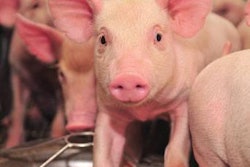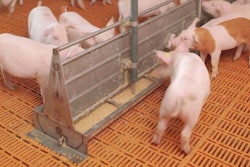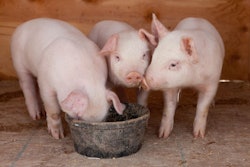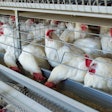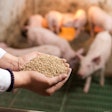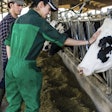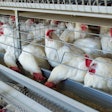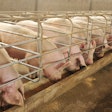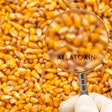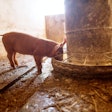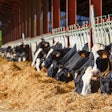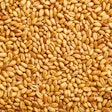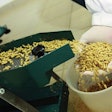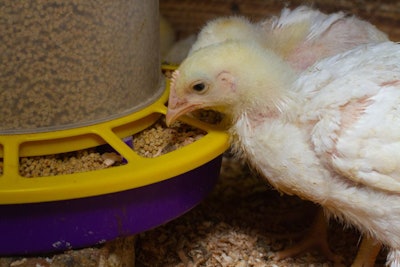
Finding a nutritional supplement to replace ionophores in broiler diets remains a challenge.
Finding an effective nutritional supplement to combat coccidia is the next big challenge. First, certain Eimeria strains have already developed resistance to ionophores. Second, ionophores are grouped with antibacterial agents in the U.S. Thus, in antibiotic-free programs, it is nearly impossible to replace ionophores to combat coccidiosis. Nutritional solutions are urgently needed.
So far, feed additives with anticoccidial properties remain elusive. It is only in the past few years that research has focused on this area. One such example is the case of functional lipids, with those of castor oil and cashew nut shells being of particular importance. These lipids have been shown to act aggressively against gram-positive bacteria. In fact, the antibacterial functions of several functional lipids are well known, but their action against coccidia is not widely known.
In a Brazilian study published in 2014, these two functional lipids not only improved dietary energy utilization, but they also increased livability and decreased lesions caused by coccidiosis. In a more recent study published in the Poultry Science journal, the same functional lipids were tested against monensin and found to confer similar beneficial results in birds challenged with coccidia. Whereas monensin acted as a direct antimicrobial, functional lipids not only had the same effect, but they also supported a more diverse, and hence healthier, microbiome. It is well known that during a coccidial challenge, beneficial bacteria, and especially lactic acid-producing bacterial populations, diminish significantly. Thus, gut health appears to have been supported much better with a nutritional supplement. A yet-to-be-published study confirms this broader gut health observation in piglets, too.
Two studies are never enough, but in my opinion, those looking for an alternative anticoccidial agent have a sound basis to investigate further. I expect more such plant-derived compounds to emerge as agents against coccidiosis. This is an area still rather obscure for most nutritionists. Nevertheless, having addressed the pressing issue of antibacterial alternatives, coccidiosis becomes our next nutritional challenge.


